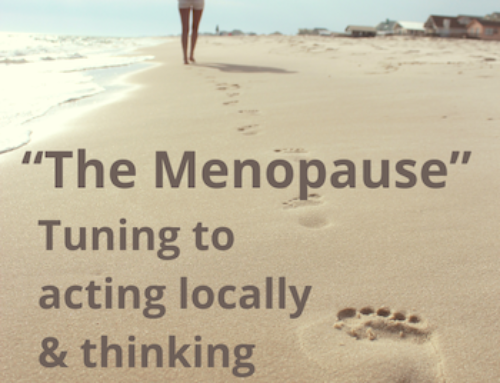Bulk food shops are an olde-worlde way of grocery shopping, that’s back in fashion.
You may have seen bulk food stores are filled with perspex containers of grains, seeds, flours and often chocolate covered delights. In these stores, you use individual scoops to take the amount you want/need into a paper bag or your own container. This is one approach to buy in bulk. Another way is by purchasing large bags of a particular commodity, rather than numerous small packets.
It’s obviously important to store these food stuffs well.
Glass storage containers kept in a dark cupboard or even galvanised garbage bins are effective in keeping oxygen, sunlight and little critters out.
Individual Health Impacts
Food security reduces anxiety.
Nurturing feelings of security have wide reaching, positive impacts on the human body’s function. Furthermore, buying bulk foods through community co-operatives, creates more opportunity for community interaction and collaboration. These experiences can reinforce the notion that the essential nature of humanity is kind, sharing and caring, not violent, greedy and cruel, as the dominant narrative continually suggests.
This experience of community leads to greater feelings of safety, and hope.
When you buy in bulk, you often save money, which can build your personal abundance. Combined with building community, buying bulk leads to a space wherein you can enjoy a sense of sharing and plenty.
There’s nothing quite like feeling truely abundant and sharing generously. It makes us humans happy.
Planetary Health Impacts
Less packaging is a great thing for the oceans and lands of our planet. See Way #8 Waste Nothing.
Buying bulk leads to:
- less food miles as fewer trips to the shops, particularly when buying collectively
- less energy has been inputted into the produce packaging due to less handling, therefore a shorter chain to supply
- less packaging means less paper and plastic to “throw away”
- less printing needed to make packages, meaning less inks, dyes, fixatives and plastic sheen






